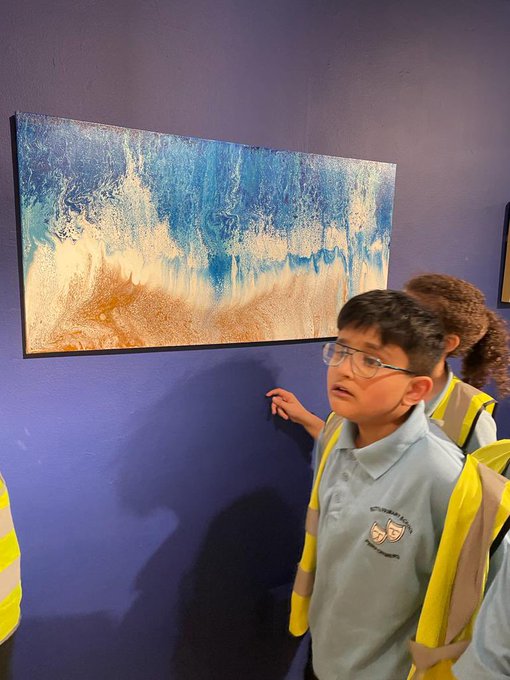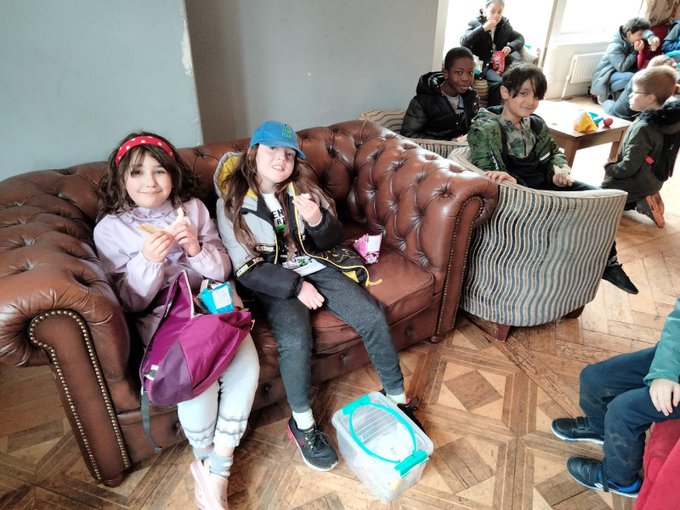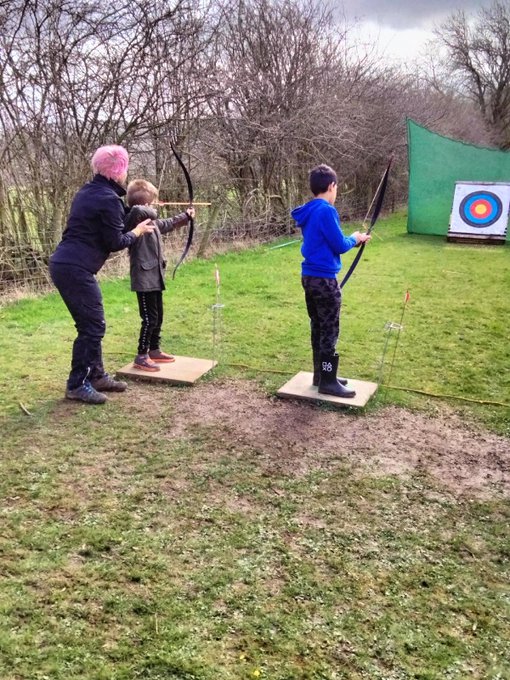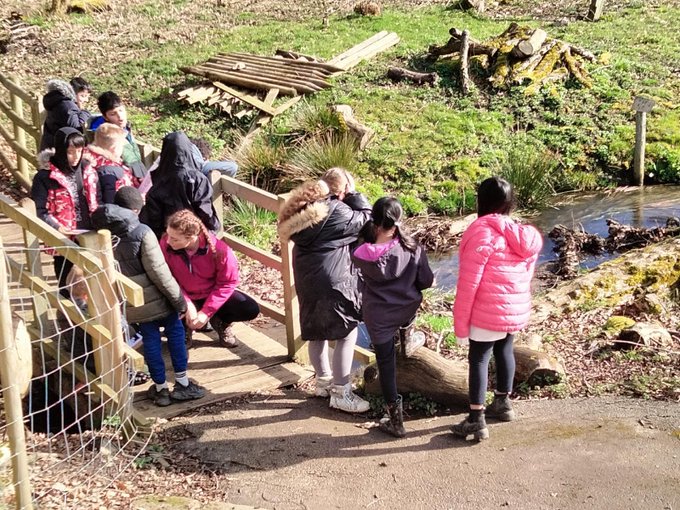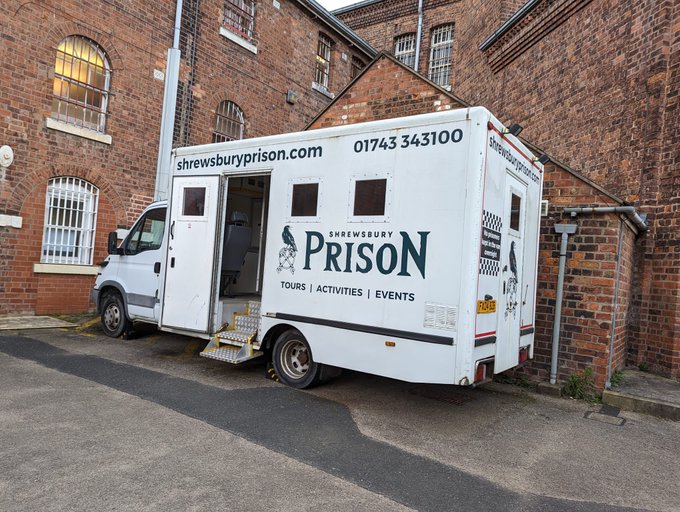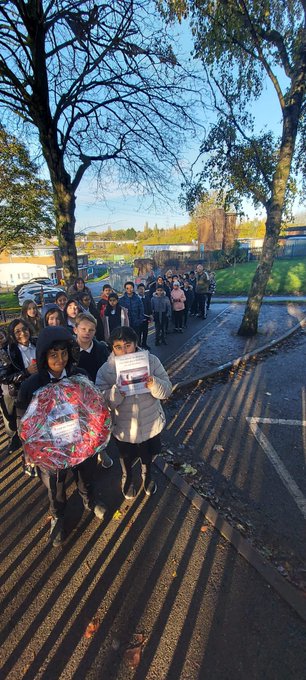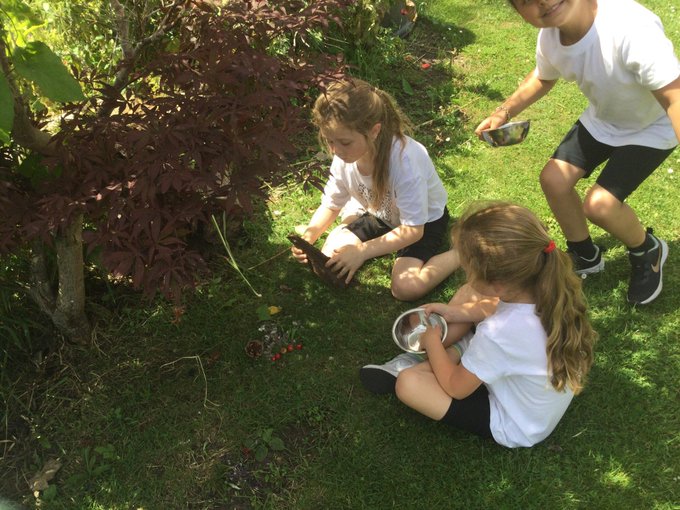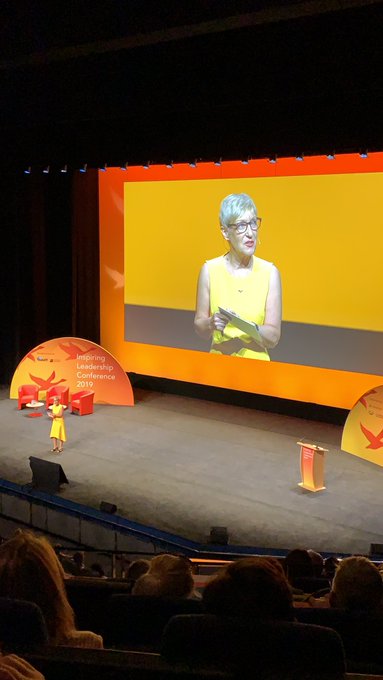Plastic Free July For Schools
Plastic free July is a month long challenge that started in Australia in 2011 but now has millions of participants in over 200 countries, and an estimated 326 million people joined in last year.
The Plastic Free July website (www.plasticfreejuly.org) offer a range of assets and promotional tools that you can use in school, work, or share in your community to spread the word and take part in the challenge.
Even if you feel it’s too late to get on board this year, why not plan ahead for 2022 and get your school fully involved in the challenge next year.
Or you could even create your own school challenge, such as this Plastic Free Christmas idea from the organisers – www.plasticfreejuly.org/blog/ideas-for-a-plastic-free-festive-season/
Why Is Plastic Such An Issue?
Plastic does not biodegrade and remains on the earth. Shockingly despite every UK resident having access to a recycling bin, we recycle less than 10% of our plastic, the rest is sent to China and placed in landfill, however China no longer want to take our plastic. The planet is out of space for any more landfill, and we simply cannot continue to dump our plastic here or in any other country.
We’re in the midst of a major environmental crisis, as the sheer amount of plastic on the planet is clogging up animals stomachs and polluting our landscapes. If we continue at our current pace, by 2050 there could be more plastic by weight than fish in the sea.
The UK produces more plastic waste per person than almost any other country and it’s not just China that is left to deal with our excess; Greenpeace investigators found British plastic being dumped in Turkey also, burned on roadsides in the open air and near waterways, causing serious health problems in people nearby.
Large plastics such as bottles are immediately obvious as ‘plastic’ but there are hidden plastics that many of us are unaware of that are just as problematic; such as tampons – which look like cotton but are made up of 90% plastic in tiny particles.
Tiny plastic particles are called microplastic and even clothes made from artificial materials shed microplastic fibres when washed. Other types of less noticeable plastics are microbeads, which are added to products such as cosmetics and toothpaste. Microplastics are impossible to filter from waste water, they end up in our oceans.
Plastic Free July aims to challenge and educate us on how plastic is negatively impacting all of our futures and what better place to start with that education but in schools?
Plastic Free July Ideas For Schools
The Plastic Free July website has a wealth of materials available for free to use in your school and community to promote Plastic Free July. These include:
Plastic Free July Posters – They offer a general poster as well as many others, such as those that encourage people to bring their own reusable bags, coffee cups and containers. They also offer a fantastic customisable poster that can be personalised specifically for your school.
Plastic Free Videos For Schools – You can inspire your children by sharing videos from challenge participants, and Plastic Free July also offer educational documentaries – your school can help to inform and educate future generations.
This 50 minute video called Waste Free Families is one example, and you can view more videos on the YouTube Channel For Plastic Free July.
Plastic Free Futures For Schools – you can use the challenge to encourage your school to become plastic free over the longer term. Read how Liz inspires her school to make long term changes: https://www.plasticfreejuly.org/what-others-do/liz-takes-the-plastic-free-july-challenge-school-wide/
This included measures such as getting the school canteen to change plastic cutlery for bamboo, plastic straws for paper and stop selling plastic wrapped ice lollies.
Get Involved In Plastic Free Events – You can find plastic free events for your school to get involved in by using the search tool on the challenge website at www.plasticfreejuly.org/get-involved/find-events-near-you/ – if you can’t find an nearby event, why not create one and add it to their event map!?
5 Ways To Reduce Your Individual Plastic Use
1. Get rid of the plastic in your period – Around 2.5 million tampons, 1.4 million pads and 700,000 panty liners are flushed every single day in the UK.
Most women are ware that tampons can come wrapped in plastic, or with plastic applicators but many are unaware that the actual tampons, and pads, are made of plastic too – most pads and tampons contain 90% plastic (micro plastic).
To reduce your impact plastic free period options include tampons and pads made from biodegradable, chemical-free cotton, menstrual cups and reusable, fluid-absorbing pants.
2. Grow your own food – Though many big brand supermarkets are working towards reducing plastic, they’re making slow progress and the vast majority still package their fruit and veg in plastic packaging. You can cut out the middle man (and the packaging) by growing your own; it’s easier than you think, and does not need much space. 80% of the UK has access to some sort of outdoor growing space.
3. Shop at plastic free stores – Zero waste stores tend to be small local businesses that stock produce in bulk and allow you to fill your own containers. Using the same container hundreds of times instead of throwing away a piece of plastic every time you buy an item, has a huge impact on plastic waste. Sadly there aren’t many plastic free stores available currently but they are growing in number. Visit our resources section below to find your nearest zero waste store.
4. Your cardboard coffee cup is still plastic – Though largely made from cardboard, disposable coffee cups are lined with plastic polyethylene to make them waterproof. This means they cannot be recycled at standard recycling plants, and instead must be taken to specialist facilities – there are only three of these UK and thus as you surely suspect, most of them do not get recycled at all. Many coffee shops offer a re-suable cup scheme, so use it!
5. Ditch the cling film – Cling film is not accepted at most recycling centres but there are plenty of alternatives such as silicone lids and beeswax wraps for sandwiches.
Your school can sign up to the Plastic Free July challenge at www.plasticfreejuly.org/take-the-challenge/
Further Reading:
Plastic Free July Ideas
50 Easy Ideas for Plastic Free July
Zero Waste Stores Around The UK



